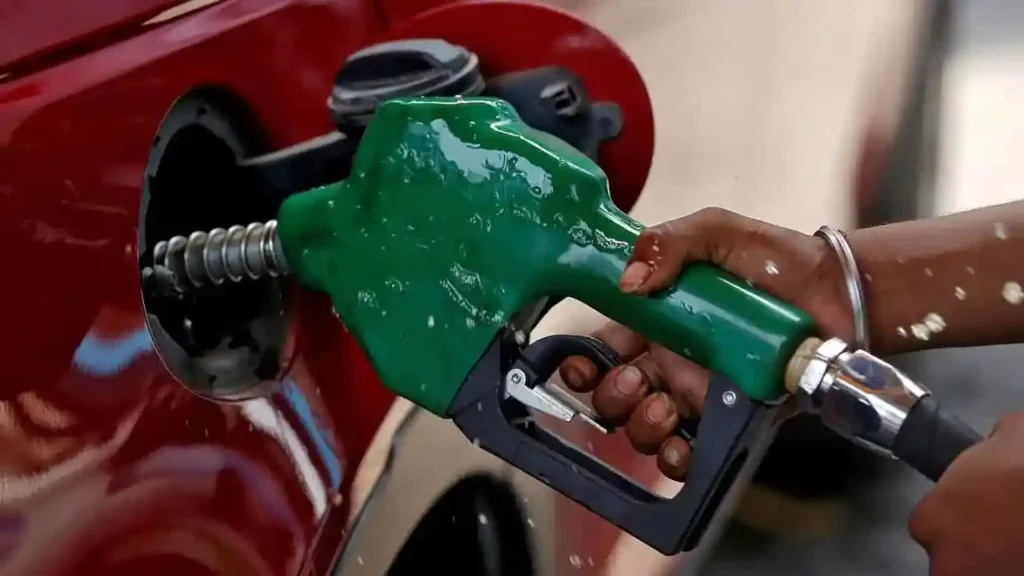Petrol prices in Pakistan have always been a topic of significant discussion and concern for both citizens and policymakers. The fluctuation in fuel prices affects almost every aspect of life, from transportation and daily commutes to the cost of goods and services. This article delves into the factors influencing petrol prices in Pakistan, the impact of these changes on the economy, and the challenges faced by the people.
Factors Influencing Petrol Prices
Several factors contribute to the determination of petrol prices in Pakistan. Some of the most prominent ones are:

- Global Oil Prices: The price of petrol in Pakistan is closely linked to international crude oil prices. Any rise or fall in global oil markets directly affects domestic fuel prices. Political instability in oil-producing countries, natural disasters, or changes in supply and demand can lead to significant fluctuations in global prices.
- Exchange Rate: Since Pakistan imports a large portion of its oil, the exchange rate between the Pakistani rupee and the US dollar plays a critical role. A weaker rupee makes oil imports more expensive, leading to higher petrol prices.
- Government Policies and Taxes: The government imposes various taxes and levies on petroleum products, such as the General Sales Tax (GST) and the Petroleum Development Levy (PDL). These taxes are a significant component of the final petrol price.
- Cost of Refining and Distribution: The cost of refining crude oil and transporting it to fuel stations also impacts the price. Infrastructure inefficiencies can further add to the cost.
- International Agreements: Agreements with international financial institutions like the International Monetary Fund (IMF) can also influence petrol prices. Often, these agreements require the government to remove subsidies or increase taxes on petroleum products to improve fiscal health.
Historical Trends in Petrol Prices
Over the years, petrol prices in Pakistan have seen significant ups and downs. For instance, in times of high global oil prices, the cost of petrol in the country has soared. Conversely, when global prices have fallen, domestic prices have seen reductions, albeit not always in proportion. Citizens often criticize the government for not passing on the full benefit of reduced global price.

Impact of Petrol Price Changes
- Transportation Costs: An increase in petrol prices directly raises transportation costs. This affects public transport fares and increases the operational costs for private vehicle owners.
- Inflation: Higher fuel costs lead to increased transportation expenses for goods. This rise trickles down to consumers, leading to overall inflation. Essential items like food and clothing become more expensive, putting a strain on household budgets.
- Economic Growth: High petrol prices can slow down economic growth by increasing the cost of doing business. Industries that rely heavily on transportation and energy, such as agriculture and manufacturing, bear the brunt of these hikes.
- Household Budgets: For middle and lower-income families, petrol price hikes mean a significant portion of their income goes towards transportation, leaving less for other necessities like education and healthcare.
Government’s Role
The government plays a crucial role in setting petrol prices. While it cannot control global oil prices, it can manage taxes and subsidies to cushion the impact on citizens. However, balancing fiscal responsibility with public welfare is a challenging task. High subsidies can lead to budget deficits, while high taxes can burden the public.

Public Response
Petrol price hikes often lead to public outcry and protests. People demand transparency in how prices are determined and question the fairness of the taxes imposed. The rising cost of living due to increased petrol prices fuels frustration, especially among those already struggling financially.
Possible Solutions
- Diversifying Energy Sources: Reducing reliance on imported oil by promoting alternative energy sources like solar, wind, and hydropower can help stabilize fuel costs.
- Efficient Public Transport: Investing in affordable and efficient public transport systems can reduce dependence on private vehicles and mitigate the impact of fuel price hikes.
- Improved Refining Capacity: Enhancing local oil refining capacity can reduce costs associated with importing refined petroleum products.
- Policy Reforms: Transparent and consistent policies regarding taxation and subsidies can help build public trust and ensure a fair pricing mechanism.

Conclusion
Petrol prices in Pakistan are influenced by a complex mix of global and domestic factors. While fluctuations are inevitable, their impact on the economy and the lives of ordinary citizens cannot be overlooked. Addressing the challenges requires a collaborative effort between the government, industry stakeholders, and the public. By adopting long-term solutions and focusing on energy diversification, Pakistan can work towards mitigating the effects of petrol price volatility on its people and economy.



